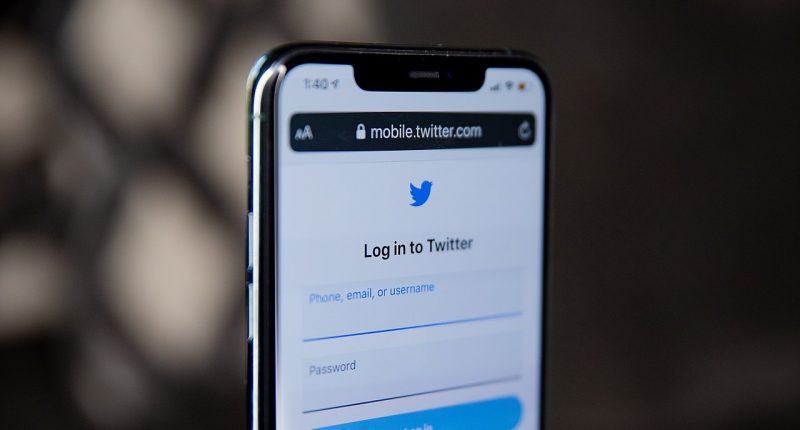In the latest development in the Twitter v/s Indian government feud, the micro-blogging site’s interim resident grievance officer for India has decided to step down from his position less than a month after he was appointed. Dharmendra Chatur’s stepping down has once again left Twitter without a grievance official which was mandated by the new Information Technology (Intermediary Guidelines and Digital Media Ethics Code) Rules 2021.
Twitter declined to comment on this issue, while Chatur’s name has been removed from the social media company’s website.
According to the new IT rules, all major social media intermediaries with a user base of over 50 lakh would be required to appoint a grievance officer to manage complaints from Indian subscribers and share the name and contact details of such officers. The companies are also mandated to appoint a chief compliance officer, a Nodal Contact Person, and a resident grievance officer, and all of them should be residents in India.
Given three months to comply with the rules, Twitter had announced (after the deadline had passed) that it intended to comply with the new rules and would share the details of the chief compliance officer. Twitter has already been criticized by the government for “beating around the bush” and not complying with the IT rules, and with Chatur’s resignation, the micro-blogging site finds itself without any executive in that role. Twitter has already appointed a nodal contact person and a resident grievance officer on a contractual basis and is working to recruit people in these positions on a permanent basis.
The Ministry of Electronics and Information Technology (MeitY) had flagged Chatur’s appointment as “non-compliant” with the norms of the Intermediary Guidelines and Digital Media Ethics Code since he was not on the company’s payroll.
Twitter, which recently lost its immunity and would henceforth be held legally responsible for content posted on its platform, has been engaged in a bitter feud with the ruling BJP government since farmers’ protests earlier this year, with the company refusing to take action against accounts that trended #farmersgenocide during the farmers’ tractor rally on Republic Day. In later months, it was forced to take down a host of accounts after being pressurized by the government. The new IT rules were another topic of contention, as the government had slammed Twitter for deliberately defying and not complying with the rules.
With the increase of government scrutiny on social media, it seems that freedom of speech and expression is fast becoming a thing of the past.
